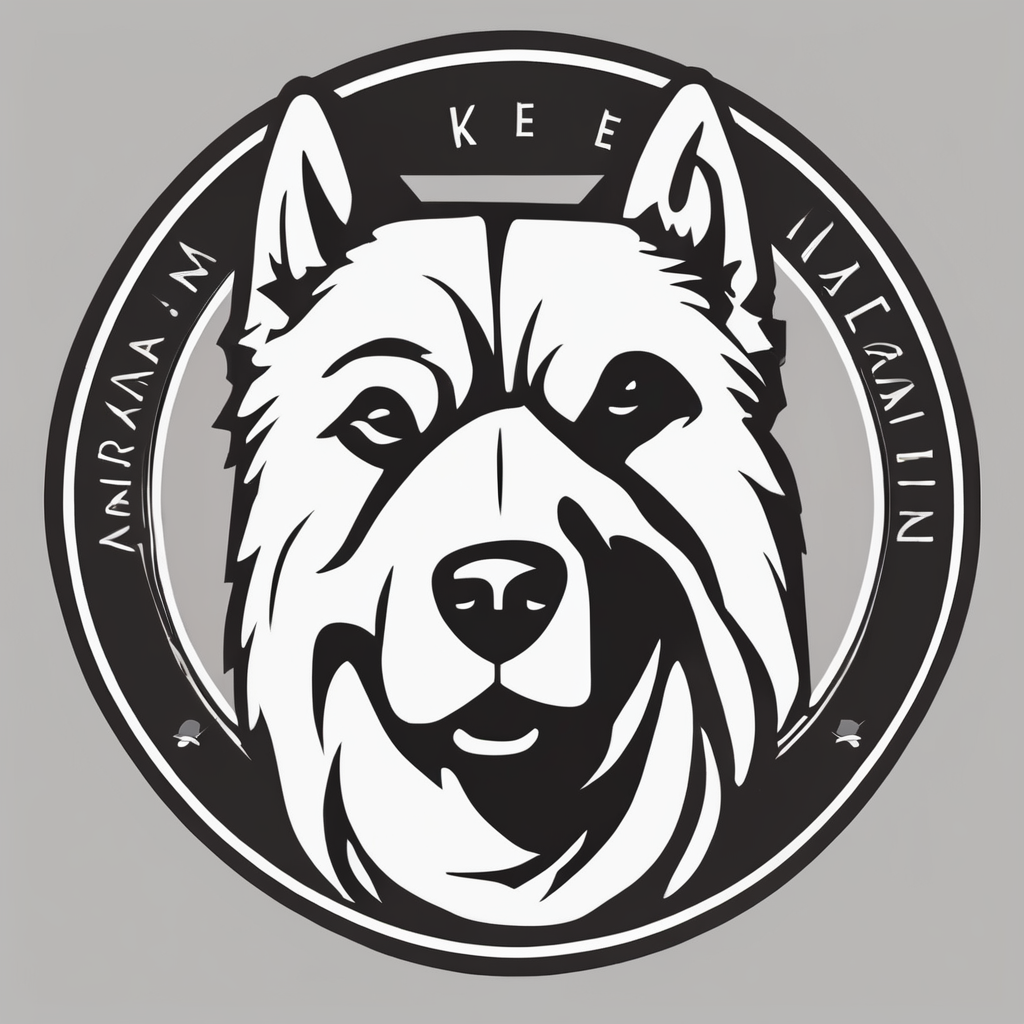Importance of Nutrition for Bone Growth
In young Salukis, a well-balanced diet is pivotal for optimal bone growth. Ensuring that these dogs receive proper nutrition is crucial, as it directly impacts their skeletal development. A diet rich in essential nutrients fosters not only bone strength but also overall health, helping them grow into strong adults with sound physical structures.
Balanced diets are particularly important for young dogs because the right mixture of proteins, fats, vitamins, and minerals like calcium and phosphorus is necessary to support rapid growth phases. If these nutrients are deficient or imbalanced, young Salukis might face growth plate injuries or developmental issues, which can lead to long-term bone health problems.
Dans le meme genre : Top Strategies for Designing a Nutritious Diet for Your Diabetic Miniature Schnauzer
Bone-related issues in Salukis can include conditions like osteomalacia or rickets, which are often preventable with the right diet. Identifying and addressing nutritional needs early can alleviate future concerns, promoting robust and healthy development. A focused approach to meeting dietary needs, combined with regular veterinary consultations, can guide dog owners in providing the best nutritional foundation for their Saluki’s growth. Thus, investing in the right nutrition is an investment in a Saluki’s future well-being and vitality.
Key Nutrients for Healthy Bone Development
Ensuring young Salukis receive the right nutrients is fundamental for their bone development. Calcium is crucial for achieving optimal skeletal strength, making it a key component. Recommended sources include high-quality dog foods fortified with calcium, or natural sources like chicken cartilage. However, supplementation should be approached with caution. Excessive calcium can disrupt the balance of other nutrients.
A lire en complément : Essential Nutrition Tips for Pregnant Dachshunds: Ensuring Healthy, Robust Puppies
Let’s explore phosphorus, another critical element. Balanced intake of calcium and phosphorus supports robust growth. Foods like fish and lean meats are excellent phosphorus sources. Maintaining the right proportions between these two nutrients is vital to prevent bone-related issues.
Vitamin D plays a pivotal role in enhancing calcium absorption. This nutrient ensures that calcium effectively fortifies the bones. Natural sources, such as sunlight, aid in vitamin D synthesis. However, a vet-recommended supplement can be beneficial if sufficient sunlight exposure isn’t attainable. Leveraging these components can lead to improved bone health in Salukis, promoting their overall well-being. It’s important to balance these nutrients within a dog’s diet to support their developing skeletal system comprehensively.
Recommended Dietary Practices
Establishing a balanced dietary practice for young Salukis is critical to support their bone growth and development. Implementing an ideal feeding schedule ensures that Salukis receive timely and adequate nutrition. Typically, feeding Saluki puppies three to four times daily caters to their fast metabolism and growth needs.
Adjusting the portion size is essential to prevent overfeeding or underfeeding, both of which can negatively affect bone health. The appropriate amount depends on the puppy’s age, weight, and activity level. Owners should monitor their dog’s intake and adjust accordingly to maintain a healthy growth trajectory.
As Salukis mature, dietary transitions should be made to accommodate their changing nutritional needs. Gradual adjustments over 7–10 days help the digestive system adapt without causing stress. Transition practices should align with a growing Saluki’s need for nutrients while ensuring no abrupt changes that impact digestion or health. Always consult a veterinarian to integrate these adjustments smoothly, promoting the best possible bone health outcomes for your young Saluki. Maintaining a robust feeding routine nurtures healthy development and strengthens their skeletal structure.
Suitable Foods for Young Salukis
Selecting appropriate dog food with substantial nutritional value is essential in ensuring healthy development in young Salukis. It’s crucial to evaluate nutritional labels closely to ensure they meet the specific needs of growing Salukis. Look for foods that list high-quality proteins and essential nutrients such as calcium and phosphorus, prominent in bone-supportive diets.
For those interested in a raw diet, there are benefits, particularly in aiding bone health, as raw bones and organ meats can be rich sources of essential nutrients. However, risks like bacterial contamination need vigilant attention. Ensure raw meals are balanced, incorporating diverse elements like lean meats, vegetables, and necessary supplements to support growth.
Creating a homemade diet might also appeal to some owners. Essential components include lean proteins, calcium sources like bone meal, and phosphorus-rich foods. Supplements can enhance bone health but require proper dosing to avoid imbalances. Common mistakes include not adequately balancing nutrients or overloading on particular ingredients, which could lead to nutritional deficiencies. Always use safe, clean preparation methods to ensure meals are healthy and contamination-free.
Monitoring and Adjusting Diet for Growth
Monitoring growth in young Salukis ensures they develop optimally, specifically concerning their bone health. Regularly tracking weight and height changes helps identify whether your Saluki is growing at the expected rate. Document these measurements and consult your veterinarian for insights on standard growth metrics.
Recognizing signs of nutritional deficiencies—like lethargy or unusual gait—is vital. If detected, this indicates the need for dietary adjustments. For instance, imbalances in essential nutrients such as calcium and phosphorus can hinder bone development. These deficiencies, when unaddressed, may manifest as bone fragility or joint issues. Tailored approaches can mitigate these concerns, adjusting nutrient levels for optimal health.
Regular check-ins with your veterinarian are crucial for crafting suitable dietary plans. A veterinarian can offer specialized advice, tailored to your Saluki’s growth stage. Their guidance ensures dietary choices align with health needs, particularly for bone-strengthening nutrients. Collaborating with veterinary professionals, including nutritionists, guarantees a comprehensive and informed feeding strategy, focusing on sustained growth and bone health. Through diligent monitoring and professional collaboration, Saluki owners can foster robust skeletal development and overall well-being.
Addressing Common Concerns
Understanding and addressing common concerns about bone health in young Salukis ensures that potential issues are managed effectively. Recognizing early symptoms of bone health issues, such as limping, swelling, or tenderness can be crucial. These symptoms may indicate underlying conditions like rickets or calcium deficiencies, requiring immediate attention to prevent progression.
Seeking veterinary guidance early on is invaluable in maintaining optimal bone health. A veterinarian can provide tailored advice, recommending dietary adjustments and identifying potential deficiencies. Often, professional intervention is needed to devise an effective nutrition plan that supports healthy bone growth, ensuring timely correction of any detected imbalances.
Understanding how growth phases impact dietary needs is essential for preventing long-term health issues. Young Salukis experience rapid developmental changes, which require precise nutrition balancing to promote robust skeletal strength without nutrient overloads. Identifying these phases and adjusting diets accordingly can facilitate healthy growth patterns. These informed decisions enable Saluki owners to nurture strong bone development, reducing potential health concerns. By integrating veterinary advice, focusing on nutrition, and monitoring development stages, Saluki owners can significantly mitigate common bone health concerns.

